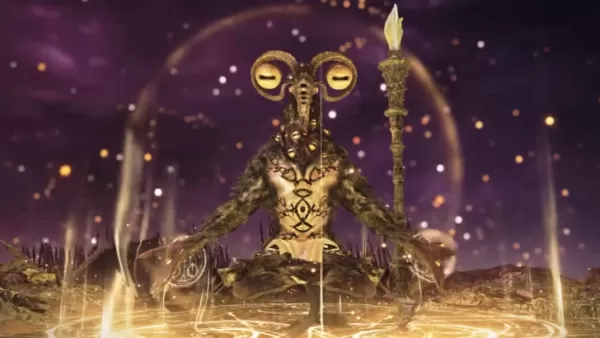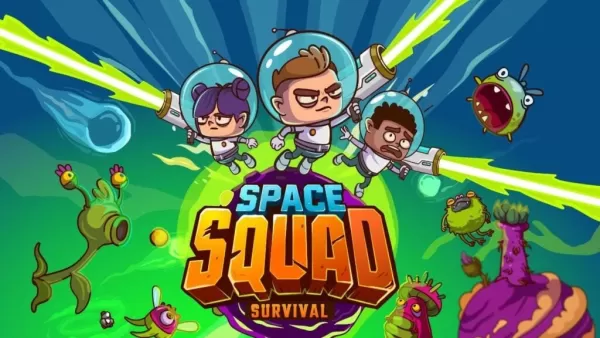SAG-AFTRA's Strike Against Video Game Companies: A Fight for AI Protections and Fair Compensation
SAG-AFTRA, the actors' and broadcasters' union, launched a strike against major video game companies on July 26th, 2024, following protracted negotiations. This action targets prominent companies including Activision, Electronic Arts, and others, primarily over concerns about the unchecked use of artificial intelligence (AI) in the industry.
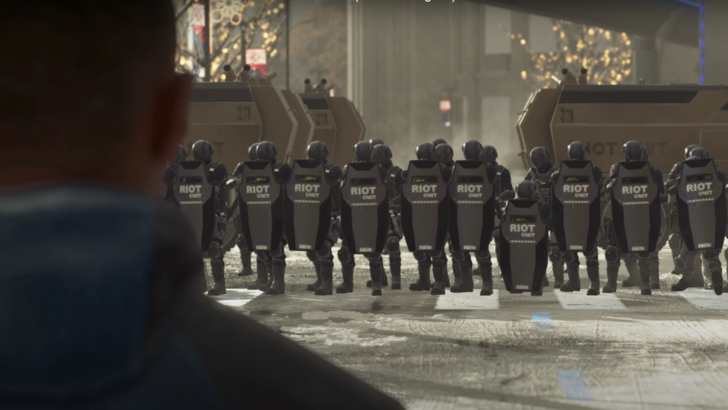
Core Issues: AI and Fair Compensation
The union's central concern revolves around the potential for AI to replace human performers. SAG-AFTRA isn't against AI technology itself, but fears its misuse to replicate actors' voices and likenesses without consent. This not only threatens employment but also raises ethical questions regarding an actor's control over their digital image and the potential for AI-generated content to contradict their personal values. The union also highlights the threat to less experienced actors who rely on smaller roles as stepping stones in their careers.
Temporary Solutions and New Agreements
To address the challenges presented by AI and other industry issues, SAG-AFTRA has developed several agreements. The Tiered-Budget Independent Interactive Media Agreement (I-IMA) offers a flexible framework for smaller-budget video game projects ($250,000 - $30 million), incorporating AI protections initially rejected by the industry bargaining group. This includes a side deal with Replica Studios, allowing actors to license digital voice replicas under specific terms, including the right to opt out of perpetual use.
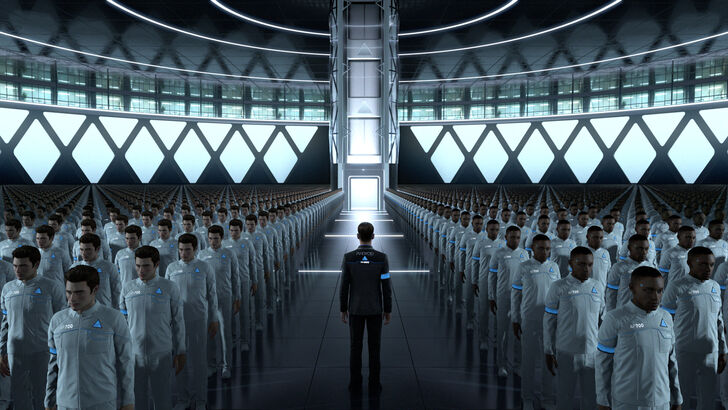
The Interim Interactive Media Agreement and Interim Interactive Localization Agreement provide temporary solutions covering various aspects of performer rights and compensation, including AI usage, rest periods, compensation, and dispute resolution. Crucially, projects approved under these interim agreements are exempt from the strike.
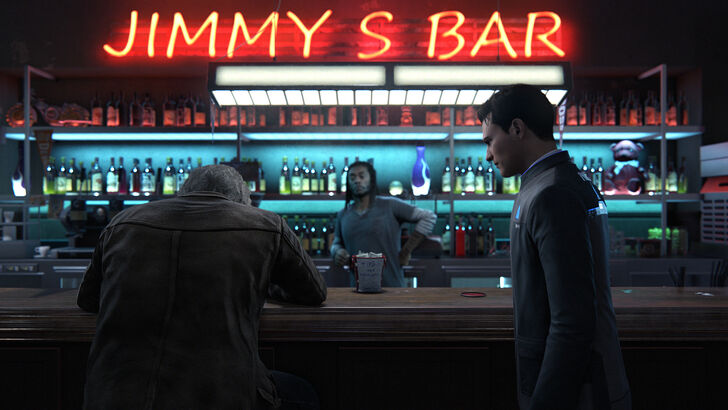
Negotiation Timeline and Union Resolve
Negotiations began in October 2022, with SAG-AFTRA members overwhelmingly authorizing a strike in September 2023 (98.32% yes vote). While progress was made on some issues, the lack of strong, enforceable AI protections remains the primary obstacle.
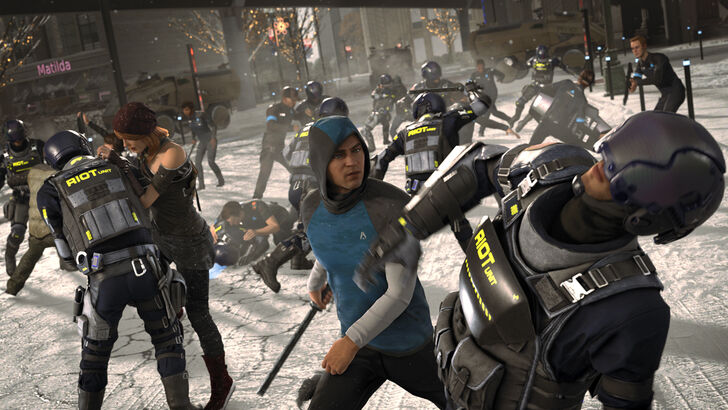
Union leaders, including President Fran Drescher and National Executive Director Duncan Crabtree-Ireland, have emphasized the industry's substantial profits and the vital role of performers. They've expressed determination to secure fair treatment and AI protections for their members. The union's unwavering commitment to equitable practices underscores its resolve in this ongoing conflict.

The strike highlights the evolving power dynamics in the entertainment industry and the crucial role of unions in advocating for performers' rights in the age of AI. The outcome of this dispute will likely have significant implications for the future of voice acting and performance capture in video games.


